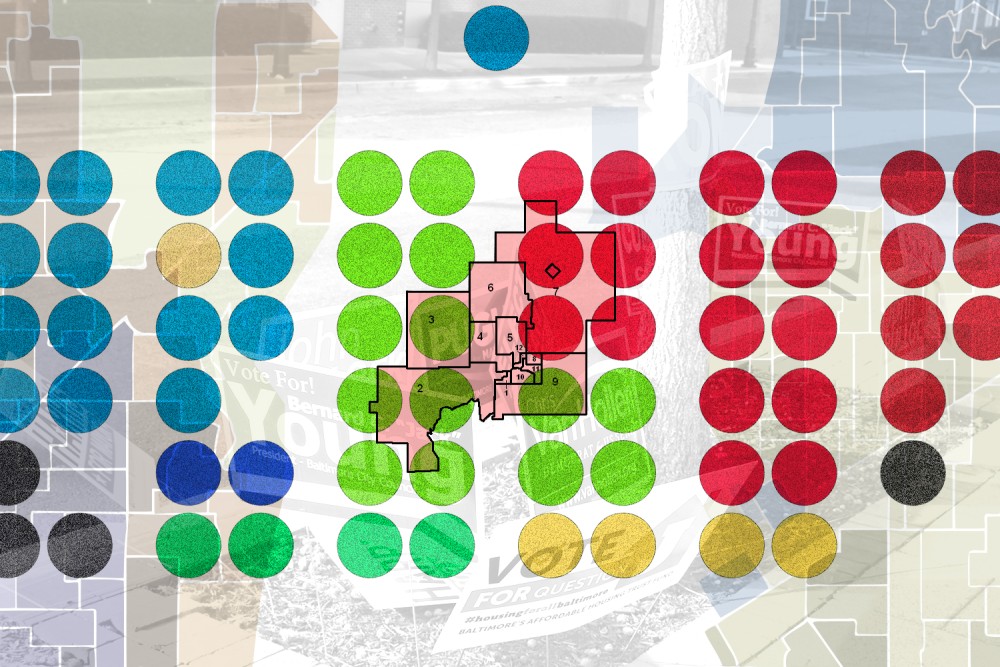Politics close to home
What’s the next right thing we can do? It might be getting involved at the state or local level.

Century illustration (Source images: Wikimedia Commons)
A close reader of the CENTURY might notice that our recent issues have featured several articles on the theme of bracing for the next four years in the United States. That includes Richard Lischer's essay exploring the competing pulls of resistance and reconciliation felt by Christians living in unjust societies.
If we needed to choose one word to summarize the way many of our readers, writers, and editors feel at this moment, it might be overwhelmed. And when a big problem—whether it’s a wildfire, a personal health crisis, or a wave of authoritarian executive orders—feels insurmountable, it can be tempting to shrug our shoulders and do nothing. In any of these cases, the antidote to inertia might be to embrace a phrase attributed to Carl Jung, popularized by recovery communities, and featured in a song from the Disney movie Frozen 2: “Do the next right thing.” It is worth noting that the word thing is singular, not plural. In other words, do one thing. Choose one good, manageable action and then take it.
What sort of actions might we consider as the next right thing at the outset of this administration, when US democracy hangs in the balance? One good place to start our search is local politics. The internet is littered with lists that claim to provide the best three or five or 15 ways to engage on this front. Even the most helpful of these lists, given their plentitude and the number of ideas they promote, can contribute to the overwhelm. But what if we consider their most common suggestions through the lens of Jung and Princess Anna, looking only for our one right step to take next?





